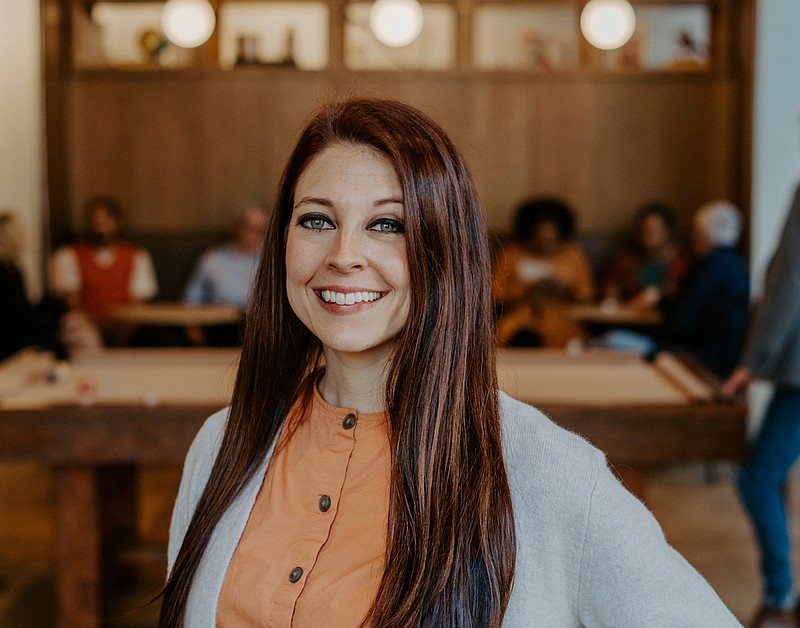"My adult son has made poor decisions for the last 13 years. It's really taking a toll on me."
"My 30-year-old daughter barely speaks to me. What have I done wrong?"
"My parents are too needy. I'm 25 and need them to let me go."
Messages like these come through the First Things First website on a daily basis. The title of our highest-read blog is "7 Ways To Deal With Adult Children Who Make Poor Decisions," receiving an average of 15,000 reads per month.
(READ MORE: Setting boundaries for your adult children)
"Many parent-child bonds are frayed by the give-and-take between autonomy and dependence and the tension between concern and disappointment," say researchers Merril Silverstein and Roseann Giarrusso in their published study "Aging and Family Life: A Decade Review." This frayed bond continues to unravel from early childhood into adulthood, creating a deep rift in family dynamics and unpleasant tension during family interactions.
As author Adam Shapiro states in his research review, "Revisiting the Generation Gap: Exploring the Relationships of Parent/Adult-Child Dyads," "Findings indicate that there is a high degree of disagreement between how adult children and their parents view their relationship. Parents are more likely to report greater relationship quality, while children report greater contact and exchanges of assistance."
There is no evidence or data that reveals the cause behind this disconnect in the perception of adult child/parent relationships. However, there is a clear common theme on both sides: unmet expectations. Both parents and adult children have different desires in their relationship, which often leads to resentment and an inevitable loss of connection. That's why the key to healthy relationships between parents and adult children is for both parties to lower their expectations and/or communicate them clearly.
In both of the referenced research reviews, parents reported their children should be making different life choices, reach out to them more often or live through a certain set of beliefs and values. Likewise, many adult children reported their parents should be making different life choices, offer to assist them (with things such as child care, moving, etc.) and be willing to learn and try new things on their own.
(READ MORE: First Things First CEO says 10 minutes a day can change a child's life)
Without fail, the least-developed skill in family dynamics is communication. Over time, this lack of expression leads to a lack of connection. Here are three things to remember as you build this important skill and reform unhealthy patterns:
1. Avoid the curse of mindreading. It's easy to think the people we love should know our needs, desires and expectations. This common misconception often leads to disappointment. Communicate your needs clearly, and share your desires for your relationship. This will provide an opportunity for deeper conversation and alignment.
2. Family is a common bond, not an obligation. Yes, you share the same last name. However, just because you're family doesn't mean you're obligated to each other. This mindset hinders deep, rich relationships from forming. It creates assumptions and expectations that lead to resentment. You are humans with common genetics and many unbreakable bonds, but that does not exempt you from communicating openly, resolving conflict and building healthy relationship patterns.
3. Choose to have the hard conversations. If you're currently experiencing tension and distance in your relationship with your parents or adult child, talk about it. Share your expectations, set boundaries as needed, and tell each other what you value most about your relationship. It's never easy, but it's worth it in the end.
(READ MORE: Why parents should be having hard conversations with young children)
According to the behavioral geneticist Robert Plomin, our cognitive skills, interests and personality traits all tend to resemble our parents more and more as we age. This means the dynamics between parents and adult children provide a unique reference point for reflection and growth. Letting this important relationship die is not only unfortunate, it's a tragedy for positive generational change and impactful legacy building.
Lauren Hall is president and CEO of family advocacy nonprofit First Things First. Email her at lauren@firstthings.org.
